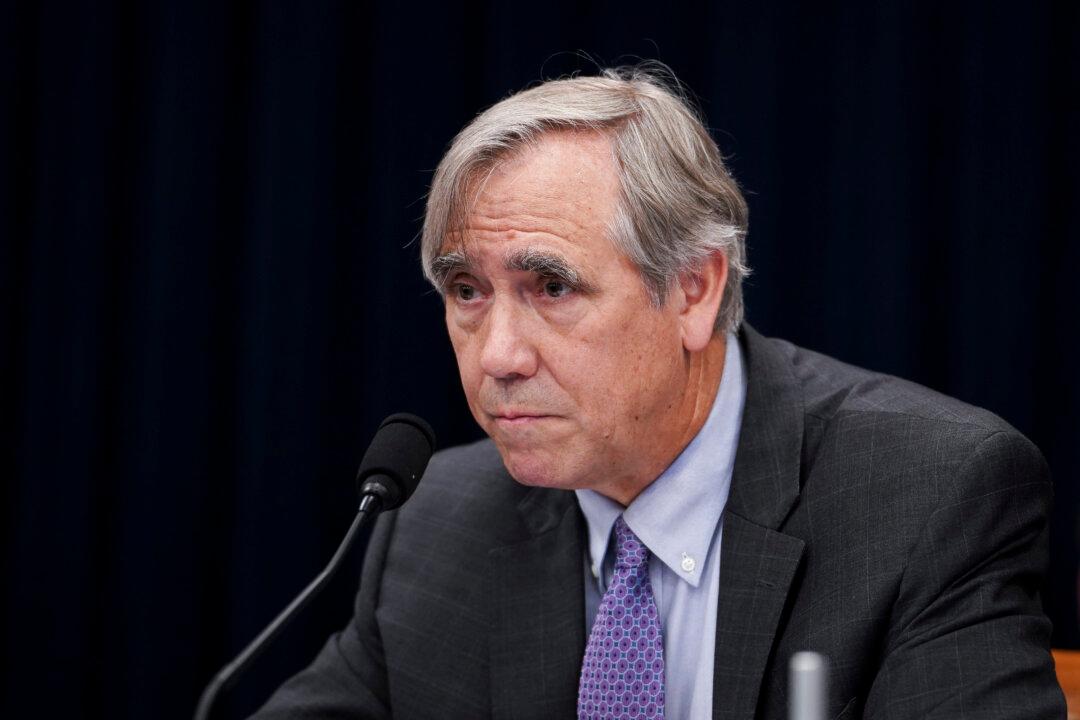Democrat members of Congress are seeking to end legacy admissions in higher education with a bill that would amend the Higher Education Act of 1965 to stop schools that give preference to children of alumni from receiving federal financial aid.
Since the Supreme Court’s much-anticipated June 29 ruling on the use of race-based college admissions procedures, advocates and public figures have called for an end to legacy admissions next, some claiming these preferences adversely impact students more than affirmative action.





